Some Students Take a Year Off Between School and University - IELTS Writing Task 2 Advantage/Disadvantage Essay
Find out how to tackle the IELTS Writing Task 2 Advantages/Disadvantages essay on 'Some Students Take a Year Off Between School and University.' Access our band 9 sample answer along with a vocabulary list, and our top 5 expert tips for a Band 8+ score.
Table of Contents

IELTS Writing Prediction Questions for 2024
In the IELTS advantages and disadvantages essays, you will be asked to write the benefits and drawbacks of the topic given. You have to be careful that you write the advantages and disadvantages of the topic given and not your opinion about the topic.
To help you understand this type of essay better, below is a sample essay on the topic, 'Some Students Take a Year Off Between School and University' along with a vocabulary section. Continue to practise other topics of IELTS advantages/disadvantages essays to help you during your IELTS Writing Task 2 preparation.
Question
You should spend about 40 minutes on this task.
Some students take a year off between school and university, to work or to travel. Do the advantages of this outweigh the disadvantages? OR
It is common practice for some students to take a gap year after graduating high school to work and/or travel. What do you think are the advantages and disadvantages of this?
You should write at least 250 words.
Structure Breakdown
|
Essay Type
Introduction
Main Body Paragraph 1
Main Body Paragraph 2
Conclusion
|
'Some Students Take a Year Off Between School and University' Band 9 Sample Answer
It is true these days that many high school leavers choose to start their work or take a trip before going to university. While a gap year can bring some immediate drawbacks, I am convinced that it is more likely to have long-term benefits for their lives.
On the one hand, young students are very likely to encounter several difficulties when delaying their university study. One of these problems is the delay in academic progress caused by spending one year off school. It is understandably almost impossible for young people to enjoy their experiences in doing a job or travelling to a new place but still arrange a certain amount of time for revision. As a result, gap-year takers may have to face the challenge of becoming familiar with the knowledge at school again, receiving more pressure of catching up with their peers. Besides, the life outside the university campus may prove to be mentally and physically overwhelming for inexperienced school leavers. They, for instance, may be at risk of being exploited in an exhausting job or face potential dangers on their trips to a new country. If not well prepared for such possible obstacles, young high school graduates can suffer from unintended consequences.
On the other hand, I would argue that these disadvantages are outweighed by the positive effects. A gap year is an ideal opportunity for students to learn about what is not taught at university. Working with other people who are experts in a particular field can give these newcomers not only an understanding of the job but also valuable practical lessons to help them become more mature. When it comes to applying for a position in a company, employers tend to favourably consider applicants who possess extensive experience in life and the occupation. Furthermore, in terms of recreation, having a year to relax can be advantageous as students can have a chance to relieve stress in study. With a comfortable and willing attitude, undergraduates can acquire knowledge more effectively in comparison with those who go to university right away.
In conclusion, despite some negative aspects, it seems to me that the benefits of a gap year are more significant for the reasons mentioned.
Get set to crack your IELTS Writing Task 2 in the 1st go with our experts! Book a FREE Demo!
Vocabulary to Answer the 'Some Students Take a Year Off Between School and University' Essay
Have a look at the IELTS Vocabulary for Band 9 Sample Answer for Some Students Take a Year Off Between School and University IELTS Writing Task 2 Advantages/Disadvantages Essay.
- Long-term (adj): continuing for a long time into the future
==>The long-term effect of education should not be neglected. - To encounter sth (v): to experience something, especially something unpleasant
==>Young graduates commonly have to encounter great difficulty in seeking employment. - Progress (n): movement to an improved or more developed state
==>By adequately rewarding the students who have made significant progress in study, the school administration can recognise the achievements of these diligent students to others, encouraging many more students to devote more effort to study to obtain similar rewards. - Peer (n): a person who is the same age, or has the same social position or the same abilities as other people in a group.
==>In some developing Asian countries such as Vietnam, baby girls are usually less appreciated than their peers due to the remnants of feudalism that favoured men more than women. - Overwhelming (adj): too great or large for somebody
==>High school students in Vietnam, ranging from primary to high school ones, are obliged to learn an overwhelming amount of knowledge at school, not to mention loads of homework and other extra classes. - Inexperienced (adj): having little knowledge or experience
==>Many companies, for fear of arising expenses on training inexperienced new employees, tend to refuse the applicants who have just graduated. - Extensive (adj): having a great range
==>Society certainly benefits from the intellectual workforce who possess extensive knowledge in scientific areas. - Occupation (n): a person’s job
==>On the other hand, manual occupations are of fundamental importance to society. - Advantageous (adj): giving advantages or helping to make you more successful
==>The ability to speak foreign languages fluently can prove to be very advantageous for job seekers in the competitive job market.
Get Evaluated for FREE:
Do you have an essay on this topic? Please post it in the comments section. One of our IELTS trainers will evaluate your essay from an examiner’s point of view and reply to the comment. This service is completely FREE of cost.
Also Check:
Practice IELTS Writing Task 2 based on Essay types

Effective IELTS Essay Connectors for Writing Task 2 & Task 1
Explore other Writing Actual Tests
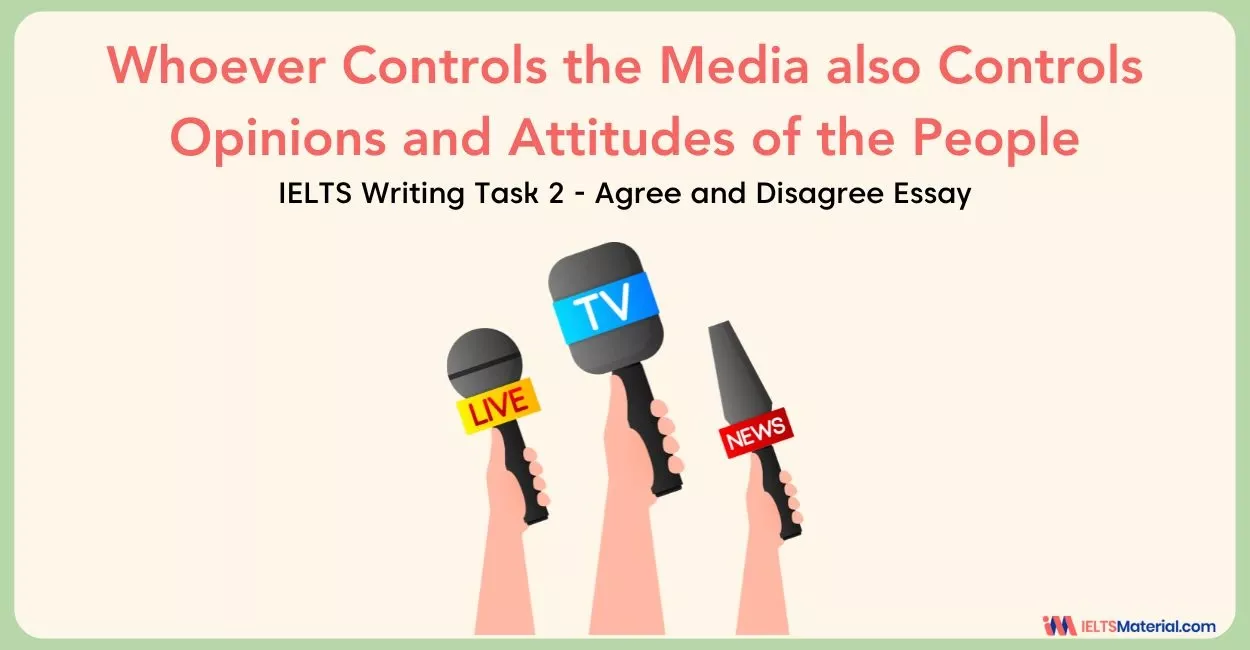
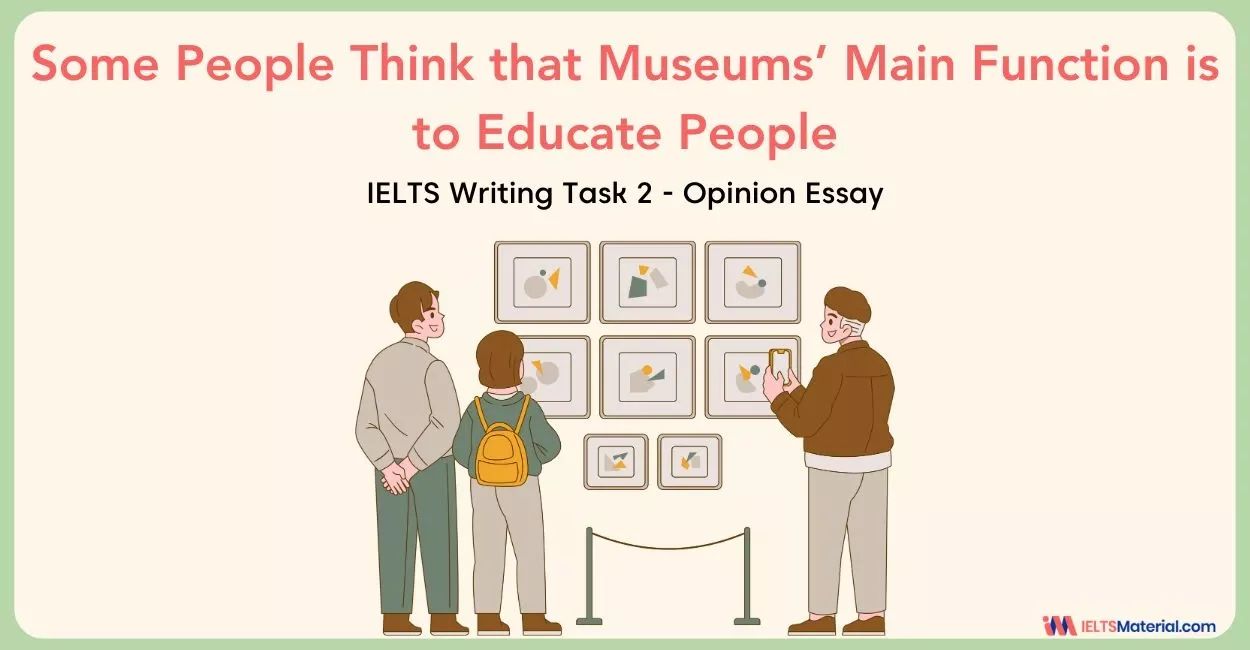
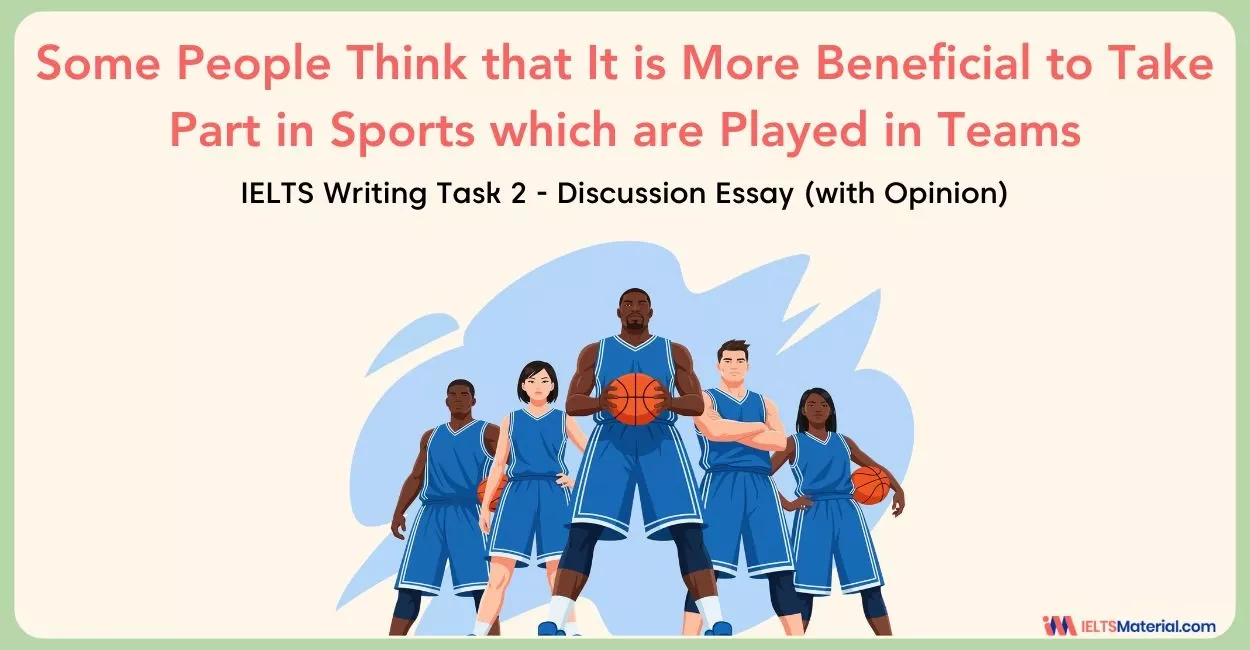
Recent Articles

Haniya Yashfeen
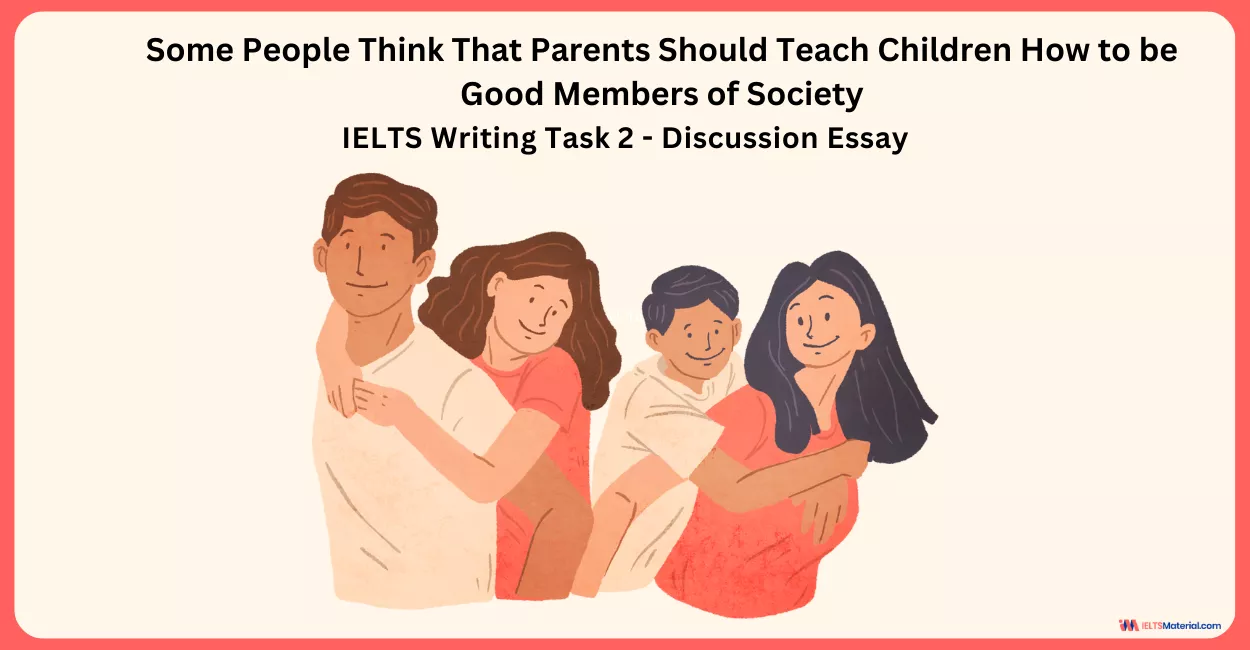

Prity Mallick

Kasturika Samanta


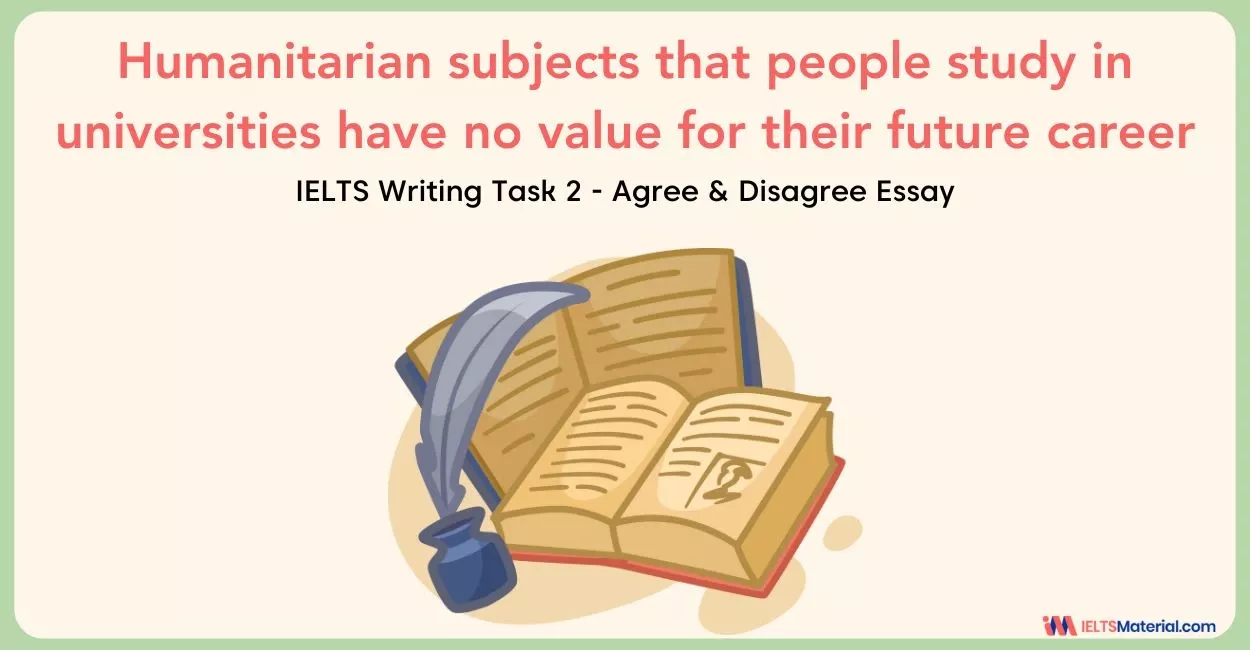


Post your Comments
11 Comments